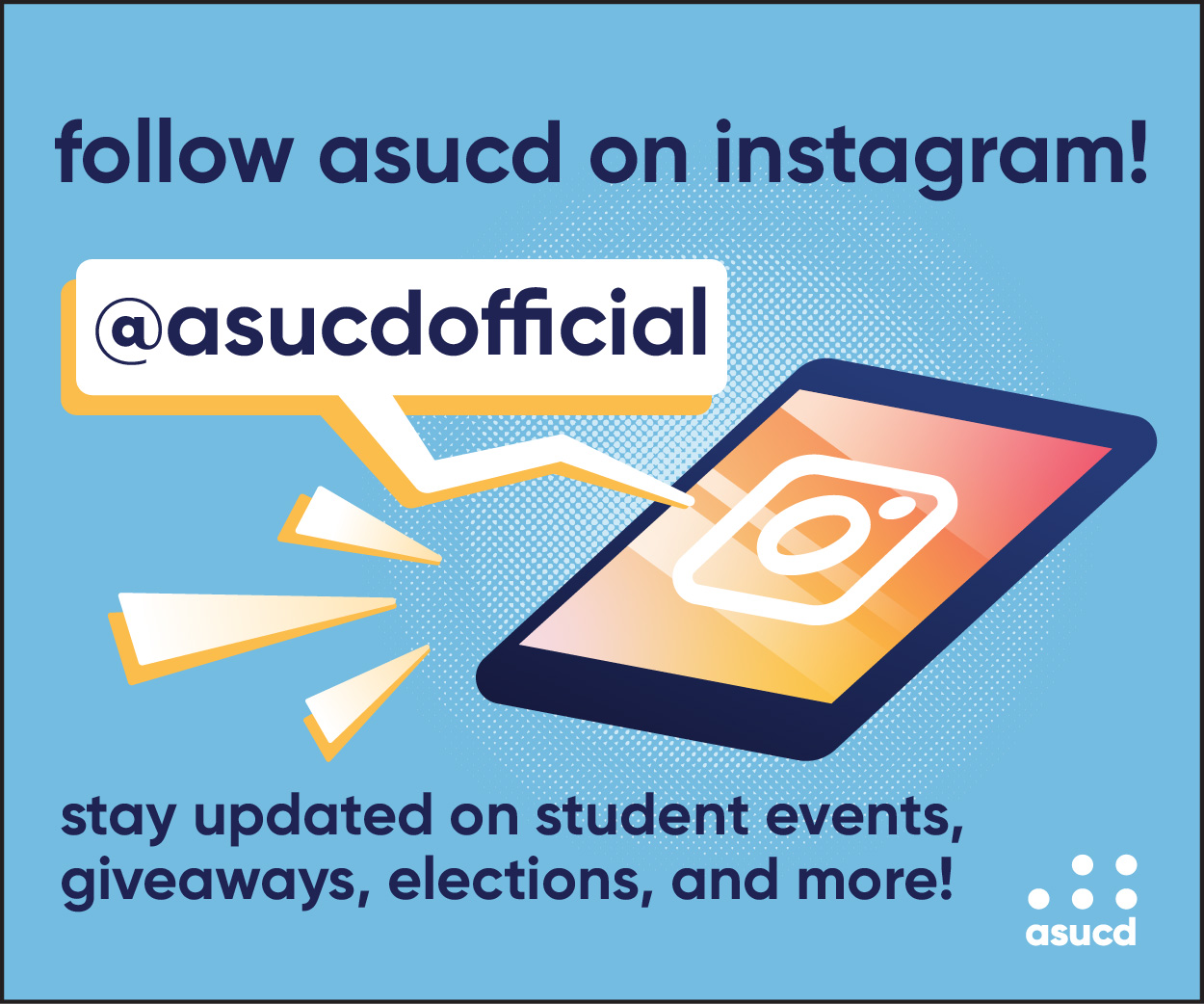Academic apocalypse: in theory vs. reality
The study of English, and even the broader humanities, are coming under a crisis of apocalyptic scale — at least that’s the opinion of New York Times columnist Ross Douthat. In a recent article entitled “The Academic Apocalypse,” Douthat argued that in addition to the crumbling of departments due to a long-term trend of declining enrollment, the humanities seem to be experiencing a crisis of faith in humanities studies. Several UC Davis humanities professors, however, oppose this analysis and defend their field of work.
Finding value in the humanities
According to English professor Claire Waters, not only has English enrollment at UC Davis remained consistent during this period of national decline, but the humanities remain necessary as they contribute creative skills and ways of thinking that can be applied to different career paths.
“Do we really want to live in a world where people aren’t creating things and thinking about them?” Waters asked. “It’s not like academic training in the humanities is the only place that that comes from, but I think it’s a sustaining force. I think it would be a loss not to have it.”
History professor Kathryn Olmsted said students can find similar value in taking history courses.
“I think the history major prepares the students for so many challenges in life and helps engender a lifelong approach to […] critically analyzing information, and this not only makes you employable, but it makes you a better citizen,” Olmsted said.
Not only do the humanities provide necessary skills, taking humanities classes is no different than any other type of learning, according to English Professor Matthew Vernon.
“[The humanities] is thinking,” Vernon said. “It’s not mathematics, but on some level, I don’t know what the difference between a really tightly constructed logical statement and a really tightly constructed essay is.”
An apocalypse? Not so much
Despite steady enrollment in the English department, other humanities majors such as history have seen a decline. According to Olmsted, however, this trend is not concerning.
“The decline in history majors began with the 2008 financial crisis, and I think that’s a logical consequence,” Olmsted said. “When students become more concerned about getting jobs, they become more interested in more practical majors rather than liberal arts majors. I think that that will turn around. I don’t think it’s an apocalypse that we’re facing.”
English professor Matthew Stratton took particular issue with the fact that Douthat categorized this as a “crisis.”
“A crisis [is] literally, ‘The world is ending,’” Stratton said. “I would rather see the English major disappear than all of the species and basically the globe disappear. But that’s a false choice. And that’s one of the problems with using the language of crisis is that it’s a false dilemma in the first place.”
A problem with the humanities or with faith?
Throughout the New York Times article, Douthat repeatedly used the word “faith” in connection with the humanities, ultimately calling for a renewal of faith and return to the humanism of the past. To Stratton, this language choice is problematic, and is consonant with his religious writings on faith.
“What he [Douthat] wants, as a self-described conservative Catholic, is some return to some mythically stable point of being, as if there was this moment in the Catholic Church that was stable and not evolving,” Stratton said. “I’d call this: Make the humanities great again.”
Douthat does not make a distinction between the nonreligious study of the humanities and humanism, which Stratton defines as Christian humanism, incompatible with modern understandings.
“If you ever come into the secular study of the humanities, […] what that means is you have […] a nonideological commitment to multiple perspectives and viewpoints, minimally,” Stratton said. “A faith-based intellectual inquiry means that you’ve arrived at some conclusions before you start your inquiry. … The moment at which you begin with ‘I am this and now I will go forth and start asking questions,’ you start running into problems ideologically.”
Stratton also said Douthat’s argument, to an extent, misses the point in discussing struggling English departments.
“The language that he uses conceals or occludes a leap in logic that takes you from one domain of thinking — declining enrollments — to […] an obviously true answer, which is a return to some kind of faith in the way that things used to be studied or faith that the things are valuable in themselves,” Stratton said.
The concept of faith linked to the humanities also caused issues for Vernon. He said he was suspicious of faith because it allows room for oversight.
“Faith is useful for some things, but faith is often something that blinds you to things,” Vernon said. “With English, the question should be ‘Why didn’t we do this? What do we want to include?’ That questioning is so useful, […] and I’m not sure that the language of faith really encapsulates that.”
The evolving canon and global perspective
A principal issue in the study of humanities, specifically English, and in the creation of class curricula is the widening of the canon and its changing focus from western to global. For the study of the humanities to remain relevant, Douthat argued that academics should be debating this canon and reevaluating what to incorporate into humanistic education. For Waters, however, specifically defining the evolving canon is not a primary concern.
“The question is not so much about teaching a […] narrower or wider canon, but about being responsible about thinking about what kinds of texts people need to have an awareness of to have a rich understanding of this realm of endeavor,” Waters said.
To recover from recent setbacks, Douthat suggested humanities departments needed to justify themselves and find greater value in their study. Waters argued, however, that this phenomenon is true of any area of study.
“I actually think that almost any field you work in requires some sustaining of your faith in the worthwhileness of doing that work,” Waters said.
According to Olmsted, however, although the humanities could improve from an increase in student interest and renewed commitment, Douthat’s argument does not accurately represent humanities education today.
“I’m not going to say I wouldn’t encourage people to rededicate themselves to the humanities, but I don’t think it’s a crisis right now,” Olmsted said. “There’s a dip because of the economy. As the economy recovers, I think that there will be more humanities majors again.”
Written by: Sophie Dewees — features@theaggie.org





None of the claims about “critical thinking” and being “employable” and “a better citizen” hold water in a field that has succumbed to an ideological monoculture, especially one so divorced from the real world.